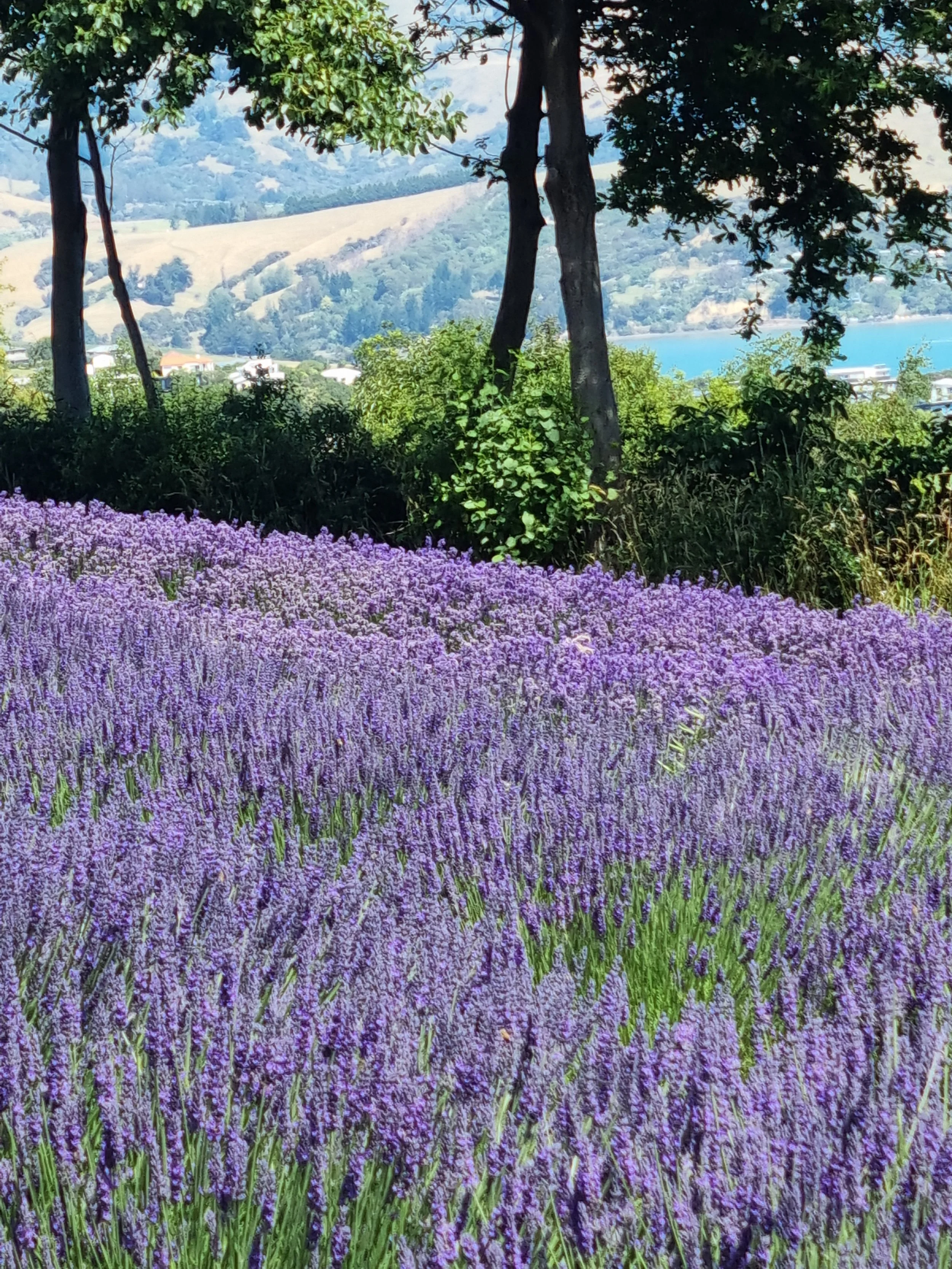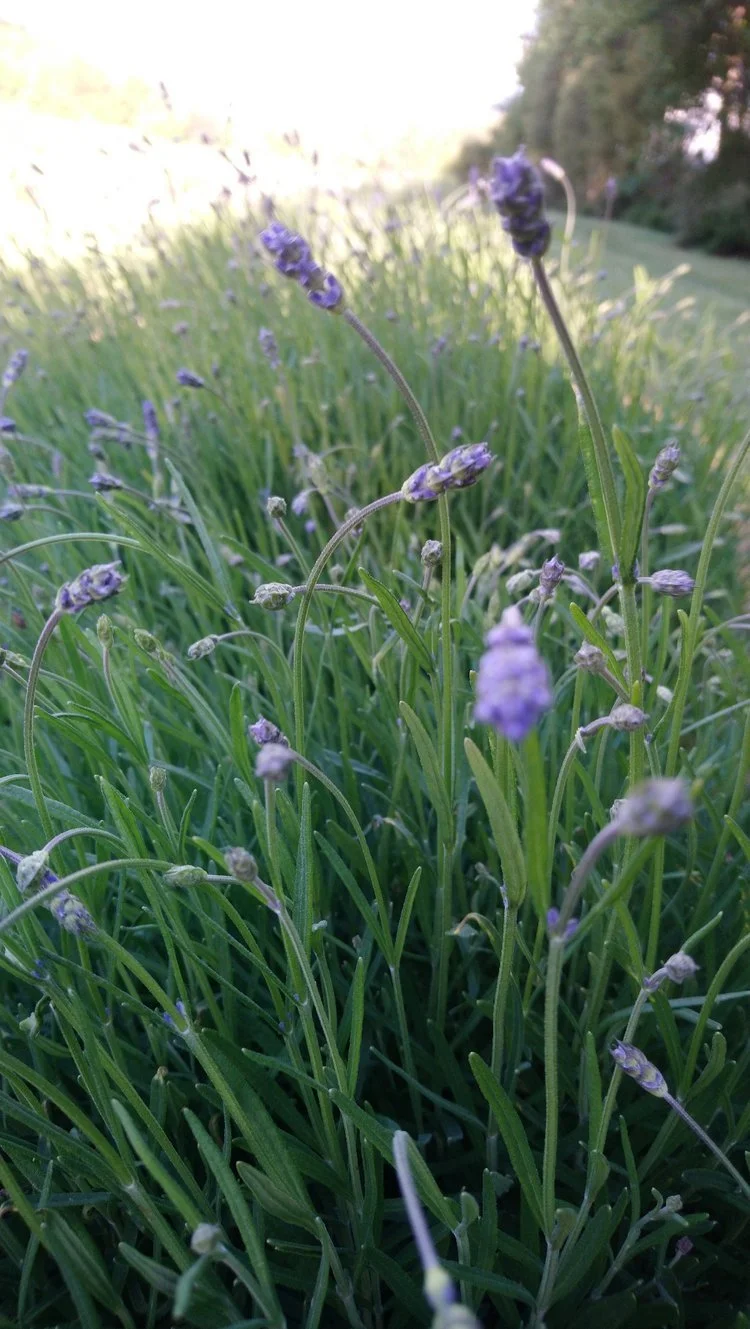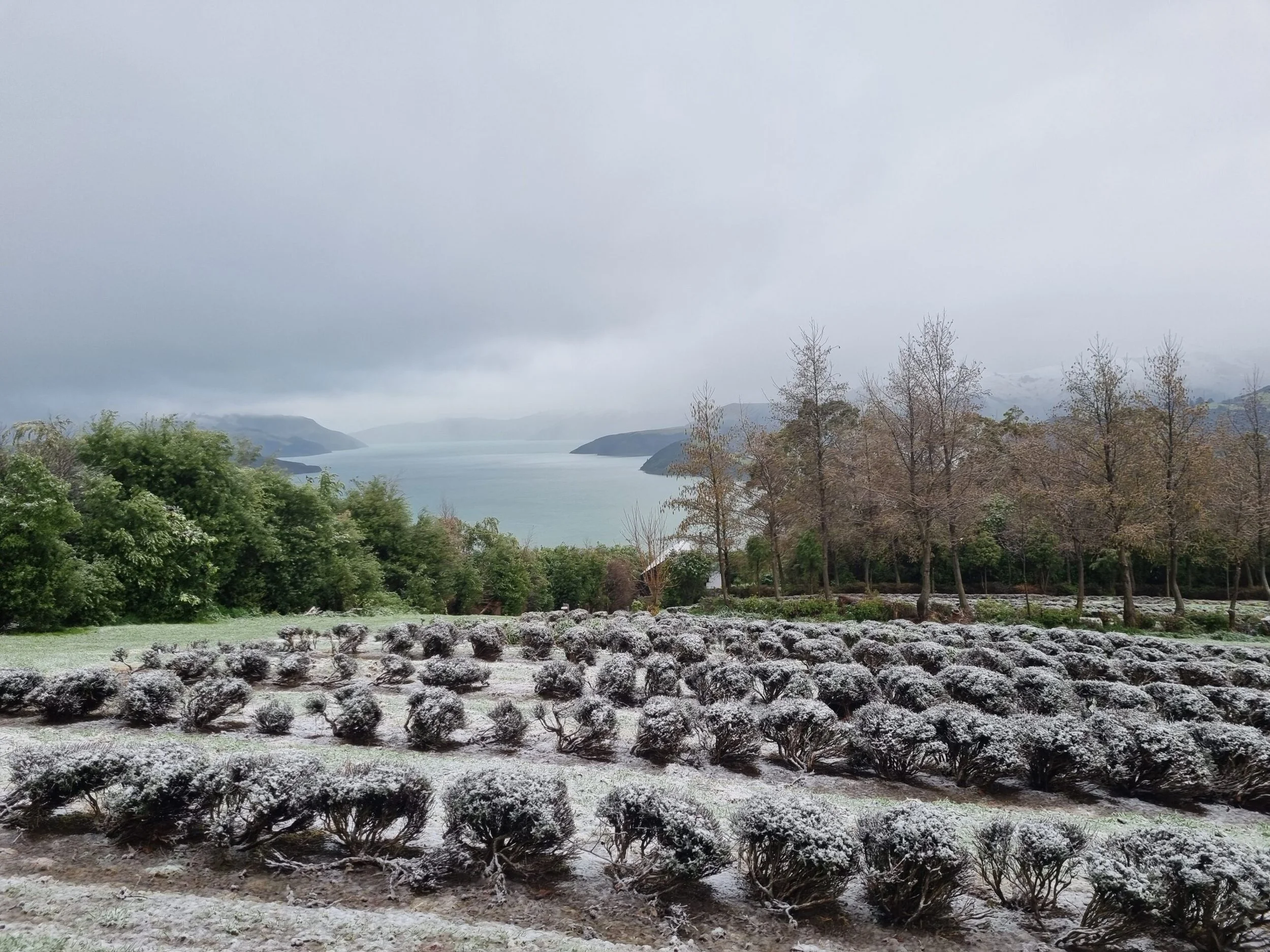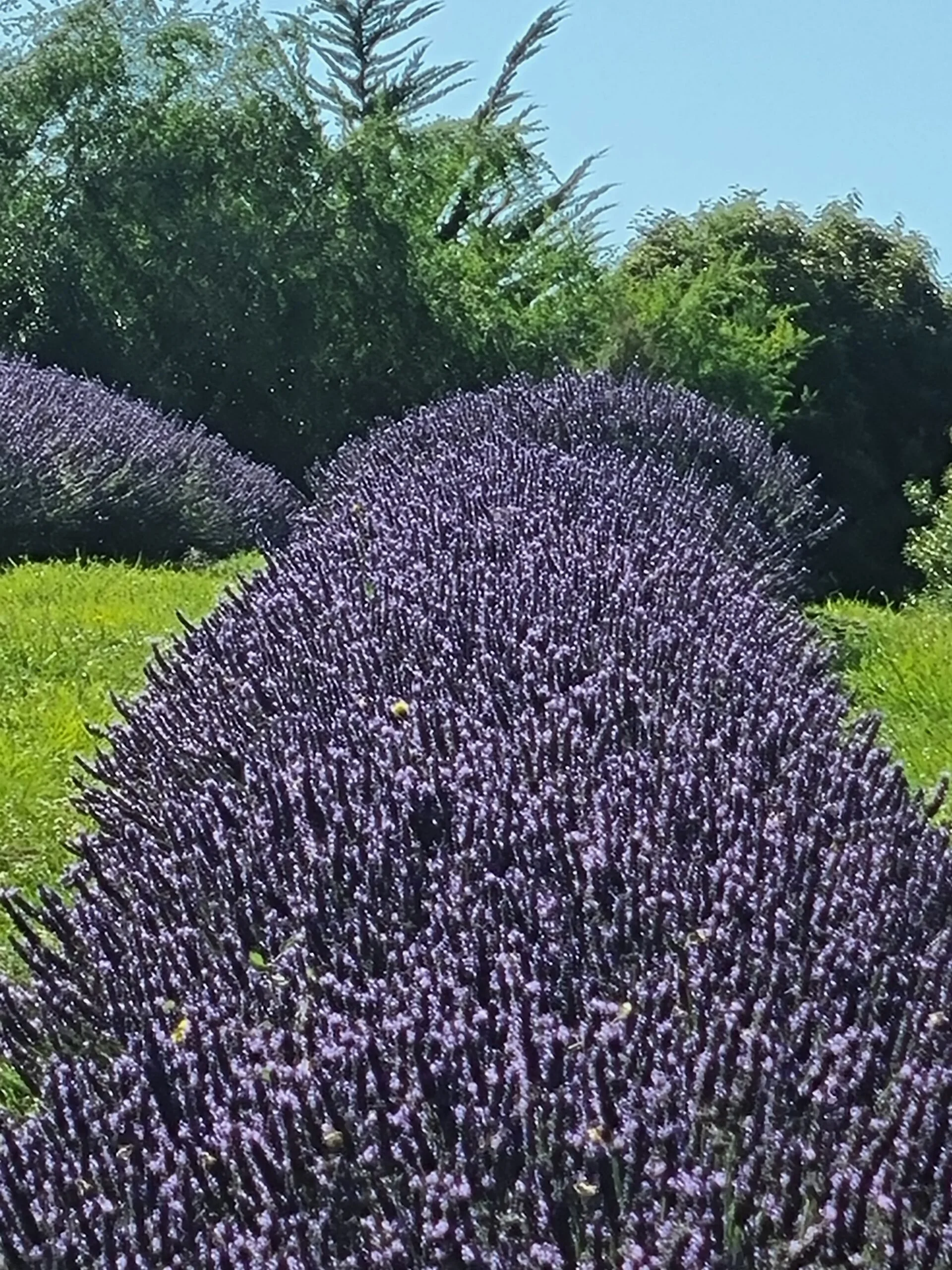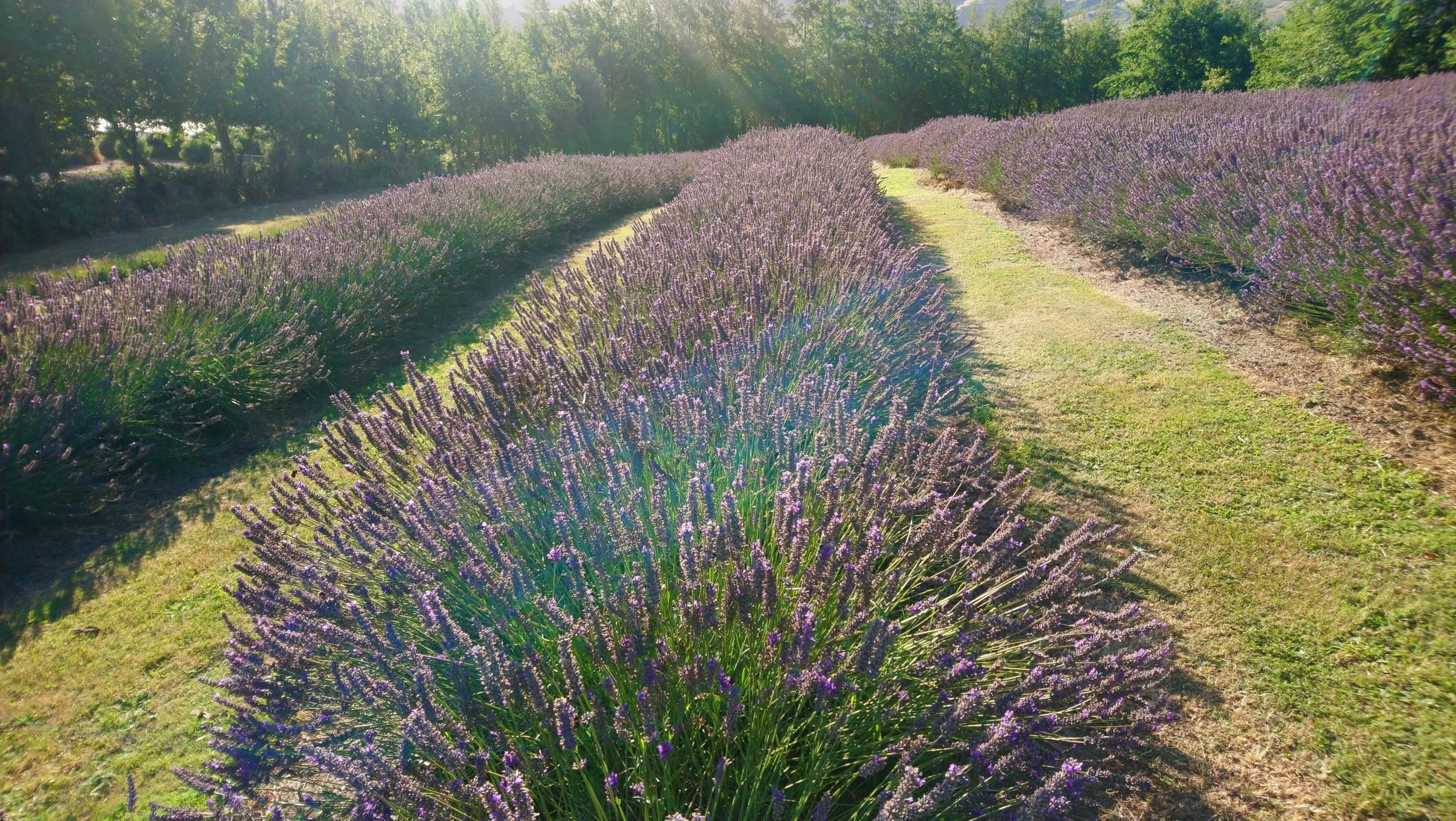
BLOG
Catching a wave…
Experience an unforgettable view, peace and solitude at Kūkupa Matairangi - lookout of the native pigeon.
Our new, purpose-built hut, high on the hills overlooking Akaroa Harbour, makes the most of stunning harbour views, privacy and the sounds of nature.
Kūkupa Matairangi sleeps two people in a Queen bed and opens in early October.
6000 shades of purple
Experience an unforgettable view, peace and solitude at Kūkupa Matairangi - lookout of the native pigeon.
Our new, purpose-built hut, high on the hills overlooking Akaroa Harbour, makes the most of stunning harbour views, privacy and the sounds of nature.
Kūkupa Matairangi sleeps two people in a Queen bed and opens in early October.
slow down, relax and breathe deeply…
Experience an unforgettable view, peace and solitude at Kūkupa Matairangi - lookout of the native pigeon.
Our new, purpose-built hut, high on the hills overlooking Akaroa Harbour, makes the most of stunning harbour views, privacy and the sounds of nature.
Kūkupa Matairangi sleeps two people in a Queen bed and opens in early October.
Planting never stops…
Morena
The sound of silence has fallen over the forests surrounding our lavender fields.
This year's hot, dry summer has contributed to some ear-piercing and decibel-breaking calls from our summer cicadas.
The world's noisiest, cicada, has been clocked at almost 107 decibels, on par with your average rock concert. While Aotearoa/NZ isn’t home to the world’s loudest cicada, we do have over 40 different species.
Female cicadas don’t sing; it’s the male cicadas competing for a mate that grab our attention. These tiny musicians owe their ability to their tymbal, an organ made up of rib-like structures that, when buckled, makes a loud noise. Like a musical instrument, the cicada’s body is primarily hollow, amplifying this sound.
Adult cicadas only live above ground for about two to four weeks. Before this, they spend most of their lives underground in their nymph stage. Some of New Zealand’s longer-lived species will spend up to three years underground before they emerge in summer to look for a female.
Introduced pests, like the German wasp and the common wasp, threaten native cicadas. While they primarily feed on honeydew, wasps also enjoy snacking on cicada!
Everything else being equal, we can expect to lose the sound of silence with the return of cicadas next summer.
Ka kite
The sound of silence
Morena
The sound of silence has fallen over the forests surrounding our lavender fields.
This year's hot, dry summer has contributed to some ear-piercing and decibel-breaking calls from our summer cicadas.
The world's noisiest, cicada, has been clocked at almost 107 decibels, on par with your average rock concert. While Aotearoa/NZ isn’t home to the world’s loudest cicada, we do have over 40 different species.
Female cicadas don’t sing; it’s the male cicadas competing for a mate that grab our attention. These tiny musicians owe their ability to their tymbal, an organ made up of rib-like structures that, when buckled, makes a loud noise. Like a musical instrument, the cicada’s body is primarily hollow, amplifying this sound.
Adult cicadas only live above ground for about two to four weeks. Before this, they spend most of their lives underground in their nymph stage. Some of New Zealand’s longer-lived species will spend up to three years underground before they emerge in summer to look for a female.
Introduced pests, like the German wasp and the common wasp, threaten native cicadas. While they primarily feed on honeydew, wasps also enjoy snacking on cicada!
Everything else being equal, we can expect to lose the sound of silence with the return of cicadas next summer.
Ka kite
The darling buds of November
It is always exciting when the “darling buds” of November appear in our lavender fields.
Move into winter
As we move into winter, it is another busy period on the lavender farm. While the bulk of our pruning is complete,we still need to complete some further light pruning.
We are way behind on hand weeding with warm temperatures resulting in a lot of new grass growth – and more work!
Favourite Images
We wanted to share some of our favourite images from this year’s lavender crop.
Check them out on our facebook page.
Pacific Blue and Grosso produced well this summer, with the quantity up across both varieties and the quality of Pacific Blue, in particular, outstanding.
Winter's grip
Winter's grip is well and truly upon us with light snow falling on the lavender fields last week. The lavender is nicely pruned and awaits the first warmth of the coming Spring - although thats probably two months away.







